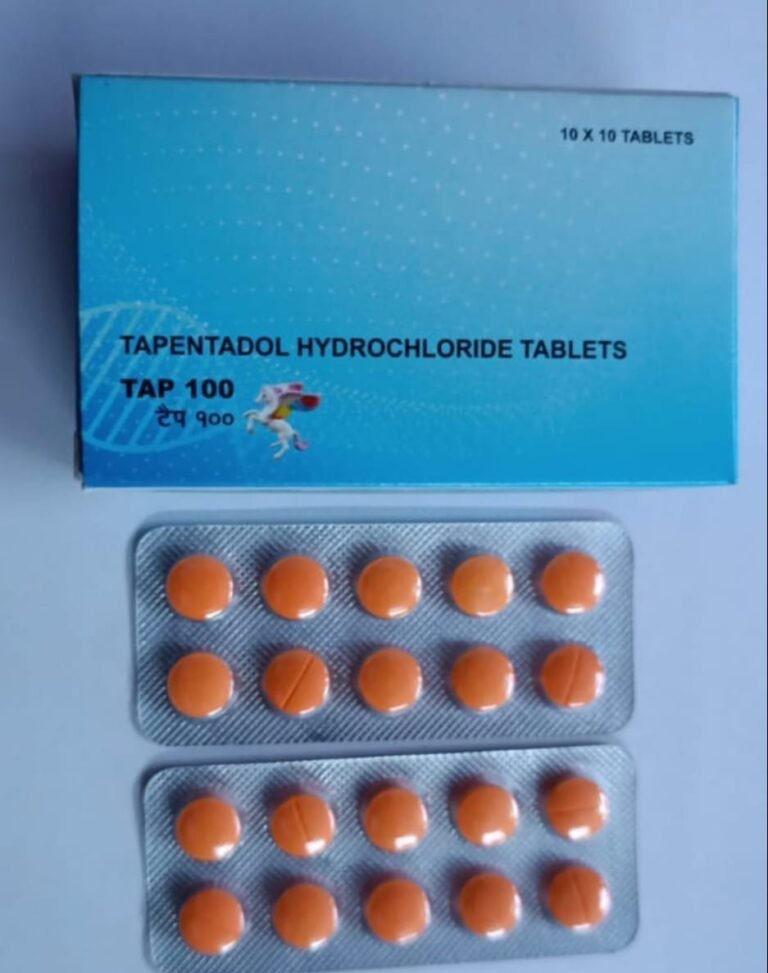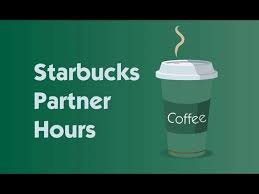Smarter Routes, Happier Customers: How Waste Collection Route Planning Improves Waste Collection
In today’s world, efficiency is king. This holds true for every industry, including waste collection. Traditional methods of planning waste collection routes, often relying on outdated maps and intuition, are no longer enough. Waste Collection Route Planning with the help of advanced software can significantly improve the entire waste collection process, leading to happier customers and a more sustainable future.
This will explore the various ways in which Waste Collection Route Planning revolutionizes waste collection. We’ll delve into the benefits for waste collection companies, their drivers, and ultimately, their customers.

The Pitfalls of Traditional Waste Collection Routing
For decades, waste collection routes were planned manually. Dispatchers would pore over maps, trying to factor in factors like distance, traffic patterns, and bin locations. This method was not only time-consuming but also prone to errors. Here are some of the drawbacks of traditional waste collection routing:
- Inefficiency: Manual routing often leads to longer routes, resulting in wasted fuel, increased wear and tear on vehicles, and unnecessary driver fatigue.
- Inaccuracy: Traditional methods fail to account for real-time factors like traffic congestion and road closures, leading to delays and missed collections.
- Unhappy Customers: Missed pick-ups or late collections can lead to frustration and complaints from customers.
- Environmental Impact: Inefficient routes lead to increased fuel consumption and emissions, negating the environmental benefits of proper waste collection.
How Waste Collection Route Planning Software Makes a Difference
Waste Collection Route Planning software uses powerful algorithms to optimize collection routes. These algorithms consider a wide range of factors, including:
- Geographic Information Systems (GIS) data: Software integrates with GIS data to create detailed maps with accurate street layouts and property locations.
- Traffic patterns: Real-time traffic data is factored in to ensure drivers avoid congested roads and arrive on time.
- Bin locations and types: The software considers the type and location of bins along the route, optimizing collection based on capacity and waste type.
- Vehicle capacity and limitations: The software considers the capacity and type of collection vehicles to ensure efficient loading and waste management.
- Historical data: Past collection data helps the software identify patterns and predict future workloads for better route planning.
By analyzing all these factors, Waste Collection Route Planning software generates the most efficient routes possible. These optimized routes offer a multitude of benefits for waste collection companies, drivers, and customers.
Benefits for Waste Collection Companies
- Reduced Costs: Shorter routes translate to lower fuel consumption, reduced vehicle wear and tear, and potentially fewer vehicles needed. This leads to significant cost savings for waste collection companies.
- Improved Efficiency: Optimized routes minimize travel time, allowing drivers to collect more waste in a shorter period. This translates to increased productivity and efficiency.
- Enhanced Sustainability: Reduced fuel consumption results in lower emissions, making waste collection operations more environmentally friendly.
- Better Data-Driven Decision Making: Planning software provides valuable data on route performance, driver behavior, and collection efficiency. This data helps companies make informed decisions for further optimization.
Benefits for Waste Collection Drivers
- Less Time on the Road: Optimized routes mean less time spent driving, reducing fatigue and stress for drivers.
- More Predictable Work Schedules: Optimized routes allow for better scheduling, making workdays more predictable and manageable for drivers.
- Improved Customer Satisfaction: On-time collections lead to happier customers, creating a more positive work environment for drivers.
Benefits for Customers
- On-Time Collections: Optimized routes ensure that waste is collected on time, eliminating missed pick-ups and the associated inconveniences.
- Reduced Noise and Traffic Congestion: Fewer vehicles traveling shorter distances translates to less noise and traffic congestion in neighborhoods.
- Improved Sustainability: Customers appreciate knowing that waste collection is being done efficiently and with minimal environmental impact.
The Road to a More Efficient Future
Waste Collection Route Planning is not just a technological advancement; it’s a shift towards a more efficient and sustainable future for waste collection. By implementing route planning software, waste collection companies can achieve significant operational improvements, benefiting not only themselves but also their drivers and customers.
The future of waste management lies in innovative solutions for Waste Management ROUTE MANAGEMENT. As technology continues to evolve, we can expect even more sophisticated route planning software that integrates features like real-time bin level monitoring, dynamic route adjustments, and integration with electric vehicle charging infrastructure. These advancements will further optimize waste collection, leading to a cleaner, greener future for all.

Conclusion
In conclusion, embracing Waste Collection Route Planning is no longer a luxury, but a necessity. Waste collection companies that invest in route planning software can unlock a multitude of benefits – reduced costs, increased efficiency, and a smaller environmental footprint. Happy customers, satisfied drivers, and a cleaner environment – these are the hallmarks of a successful waste collection operation, all achievable through the power of Waste Collection Route Planning. As we move forward, exploring Solutions for Waste Management ROUTE MANAGEMENT should be a top priority for companies aiming to lead the way in a more sustainable and efficient future.
FAQs
1. What is Waste Collection Route Planning?
Waste Collection Route Planning utilizes software with powerful algorithms to design the most efficient routes for waste collection trucks. These routes consider factors like traffic patterns, bin locations, and vehicle capacity to minimize travel time and fuel consumption.
2. How does Waste Collection Route Planning benefit waste collection companies?
Waste collection companies can expect numerous benefits from Waste Collection Route Planning software. These include:
- Reduced costs from lower fuel consumption, less vehicle wear and tear, and potentially fewer trucks needed.
- Increased efficiency with shorter routes allowing drivers to collect more waste in less time.
- Enhanced sustainability through reduced emissions and a smaller environmental footprint.
- Improved decision making with valuable data on route performance and driver behavior.
3. How does Waste Collection Route Planning benefit waste collection drivers?
Waste Collection Route Planning offers significant advantages for drivers as well:
- Less time spent on the road, leading to reduced fatigue and stress.
- More predictable work schedules for better work-life balance.
- The satisfaction of knowing customers receive on-time collections.
4. How does Waste Collection Route Planning benefit customers?
Customers experience several positive outcomes from optimized waste collection routes:
- On-time collections, eliminating the inconvenience of missed pick-ups.
- Reduced noise and traffic congestion from fewer collection vehicles on the road.
- The assurance that waste collection is being done efficiently and sustainably.
5. Is Waste Collection Route Planning software expensive?
The cost of Waste Collection Route Planning software varies depending on the specific features and functionalities offered. However, the long-term cost savings from reduced fuel consumption, improved efficiency, and happier customers often outweigh the initial investment. Many software providers offer scalable solutions to fit the needs and budget of various sized waste collection companies.
6. How can I get started with Waste Collection Route Planning?
Several reputable companies offer Waste Collection Route Planning software. Researching available options and contacting vendors for demos will help you find the software that best suits your company’s specific needs and budget. Many software providers offer free trials or consultations to get you started.





